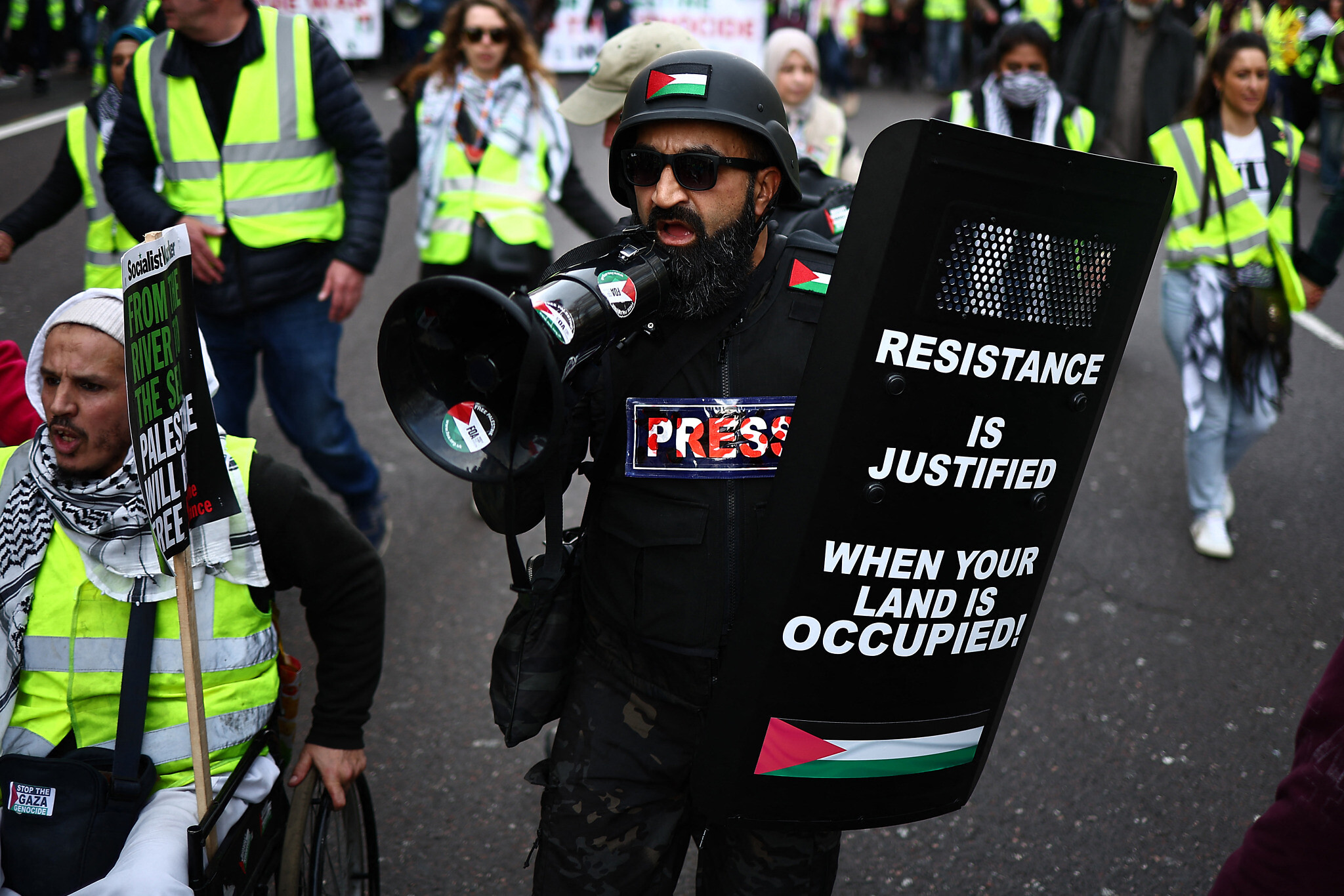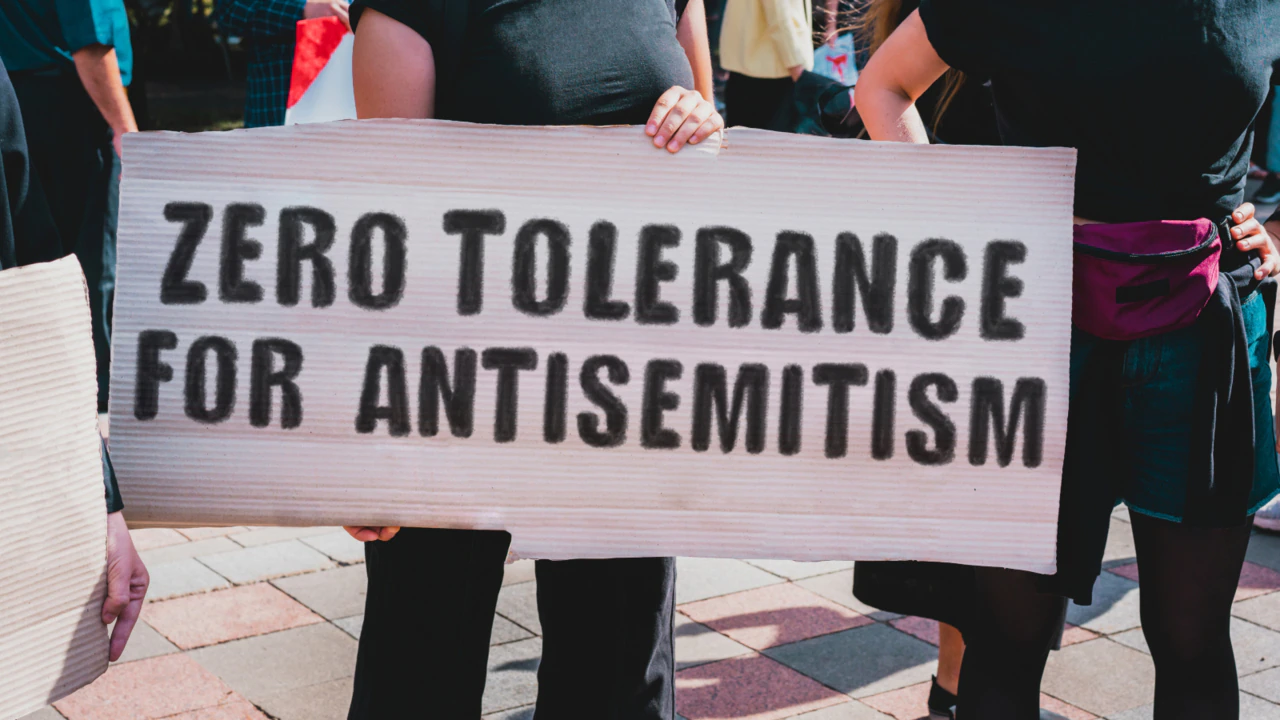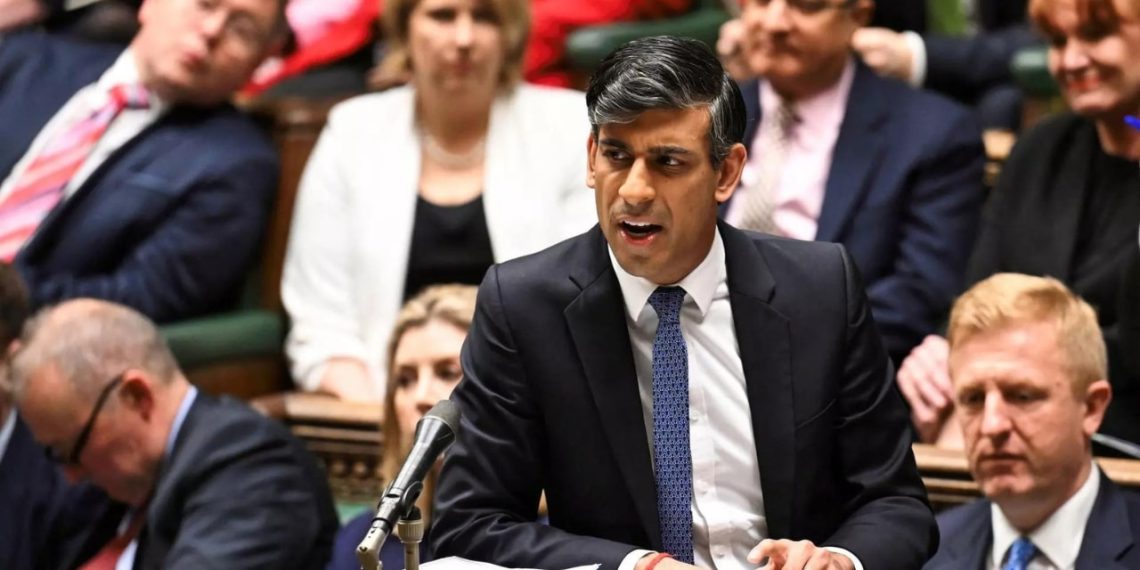Britain introduced a revamped definition of extremism on Thursday in response to a sharp increase in hate crimes targeting Jews and Muslims following the October 7 Hamas attacks on Israel. Despite the intent to address rising concerns, the move has sparked apprehension among critics over its potential impact on freedom of expression.
Prime Minister Rishi Sunak recently cautioned about the erosion of Britain’s multicultural democracy by both Islamist and far-right extremists. Antisemitic incidents surged by 147% in 2023, while anti-Muslim hate crimes spiked by 335% following the October 7 attacks.

Michael Gove, the communities minister leading the initiative, stressed the necessity of combating extremist groups that are radicalizing youth and fostering polarization. However, critics argue that the new definition could potentially silence dissenting voices.
Gove clarified that the updated definition would not impede gender-critical campaigners, religious conservatives, or environmental activists. However, groups such as Patriotic Alternative, Muslim Association of Britain (MAB), and Cage will be subject to assessment.

The revised definition defines extremism as the propagation of ideologies grounded in violence, hatred, or intolerance with the aim of undermining democratic values. While no groups have been officially labeled as extremist yet, ongoing assessments will determine their designation.
Despite assurances from the government about preserving freedom of expression, concerns linger among critics regarding the potential curtailment of civil liberties. The government’s focus remains on tackling radicalization while ensuring that legitimate dissent is not stifled.





